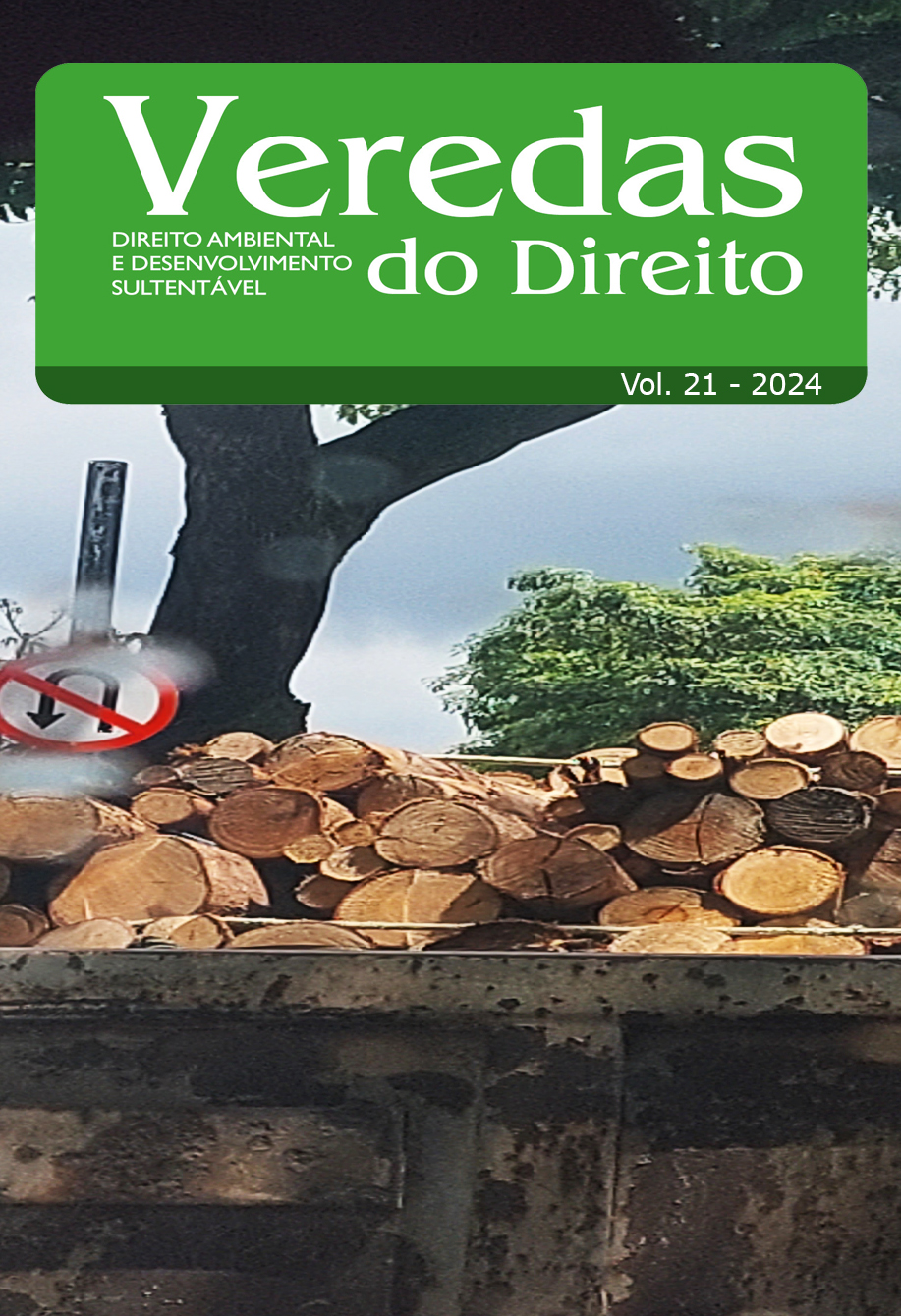ISONOMY IN TAXATION IN REURB-S PROJECTS
Main Article Content
Abstract
If land and urban regularization is urgent in the cities of the global South, the same can be said about the tax treatment given to the beneficiaries of Urban Land Regularization of Social Interest (Reurb-S) projects. In this sense, the main goal of this research is to propose a model of municipal tax policy that is sensitive to the condition of those historically œinvisible in Brazilian cities. The methodology was based on exploratory qualitative research, which is necessary to lay the foundations and information that will allow us to arrive at the result. From a bibliographic and documentary review, it was possible to lay the foundations for a fiscal policy proposal that is sensitive to the subjectivity of the vulnerable population that lives in Reurb-S areas. After carrying out the research, we observed that, with a bold exegetical effort, it is feasible to interconnect constitutional tax law with the normative plexus of urban-environmental law, concluding that, based on the principles of tax isonomy, of contributory and receptive capacity of municipal tax payers and the existential minimum, there are normative and principled foundations that make it feasible to implement taxation rules that promote tax and socio-spatial justice that is sensitive to the vulnerable population that inhabit parts of the informal city.
If land and urban regularization is urgent in the cities of the global South, the same can be said about the tax treatment given to the beneficiaries of Urban Land Regularization of Social Interest (Reurb-S) projects. In this sense, the main goal of this research is to propose a model of municipal tax policy that is sensitive to the condition of those historically œinvisible in Brazilian cities. The methodology was based on exploratory qualitative research, which is necessary to lay the foundations and information that will allow us to arrive at the result. From a bibliographic and documentary review, it was possible to lay the foundations for a fiscal policy proposal that is sensitive to the subjectivity of the vulnerable population that lives in Reurb-S areas. After carrying out the research, we observed that, with a bold exegetical effort, it is feasible to interconnect constitutional tax law with the normative plexus of urban-environmental law, concluding that, based on the principles of tax isonomy, of contributory and receptive capacity of municipal tax payers and the existential minimum, there are normative and principled foundations that make it feasible to implement taxation rules that promote tax and socio-spatial justice that is sensitive to the vulnerable population that inhabit parts of the informal city.
Article Details
I (we) submit this article which is original and unpublished, of my (our) own authorship, to the evaluation of the Veredas do Direito Journal, and agree that the related copyrights will become exclusive property of the Journal, being prohibited any partial or total copy in any other part or other printed or online communication vehicle dissociated from the Veredas do Direito Journal, without the necessary and prior authorization that should be requested in writing to Editor in Chief. I (we) also declare that there is no conflict of interest between the articles theme, the author (s) and enterprises, institutions or individuals.
I (we) recognize that the Veredas do Direito Journal is licensed under a CREATIVE COMMONS LICENSE.
Licença Creative Commons Attribution 3.0



































